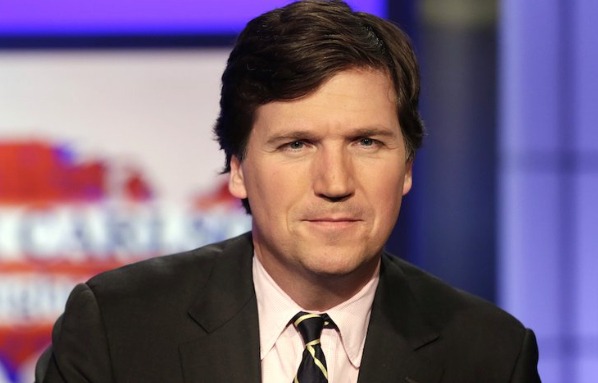Warren Buffett’s Views on the Debt Ceiling Debate
Warren Buffett, the renowned American investor and philanthropist, has been vocal about his views on the debt ceiling debate. Buffett believes that the debt ceiling is a self-imposed constraint that the United States places on itself, which ultimately harms the country’s economy. He argues that the debt ceiling should be abolished altogether, as it serves no real purpose and only creates unnecessary uncertainty and risk.
According to Buffett, the debt ceiling debate is nothing more than a political game that puts the country’s financial stability at risk. He emphasizes that the United States has always paid its debts and will continue to do so, regardless of the debt ceiling. Buffett believes that the debt ceiling only serves to create unnecessary panic and uncertainty in the financial markets, which can have serious consequences for the economy as a whole.
Buffett’s stance on the debt ceiling is rooted in his belief that the United States has the ability to generate enough revenue to cover its obligations. He argues that the country’s economy is strong enough to support its debt, and that the debt ceiling only serves to hinder economic growth and stability. Buffett has consistently called for a more rational approach to managing the country’s debt, urging policymakers to focus on long-term solutions rather than short-term political gamesmanship.
Understanding the Implications and Arguments Surrounding It
The debt ceiling debate revolves around the limit on the amount of money that the United States government can borrow to finance its operations. When the debt ceiling is reached, the government is unable to borrow more money, which can lead to a potential default on its obligations. This has serious implications for the country’s credit rating, financial markets, and overall economic stability.
Proponents of the debt ceiling argue that it serves as a necessary check on government spending and borrowing. They believe that without a debt ceiling, the government would have unlimited power to accumulate debt, leading to unsustainable levels of borrowing and potentially jeopardizing the country’s financial future.
On the other hand, critics of the debt ceiling, like Warren Buffett, argue that it is an unnecessary and harmful constraint. They believe that the debt ceiling only serves to create unnecessary uncertainty and risk, as the United States has always paid its debts and will continue to do so. Critics argue that the debt ceiling debate is purely political and often used as a bargaining chip, which can have serious consequences for the economy and financial markets.
In conclusion, Warren Buffett’s views on the debt ceiling debate highlight the need for a more rational and long-term approach to managing the country’s debt. Buffett argues that the debt ceiling is a self-imposed constraint that creates unnecessary uncertainty and risk, and that the United States has the ability to generate enough revenue to cover its obligations. Understanding the implications and arguments surrounding the debt ceiling is crucial in order to make informed decisions about its future.







